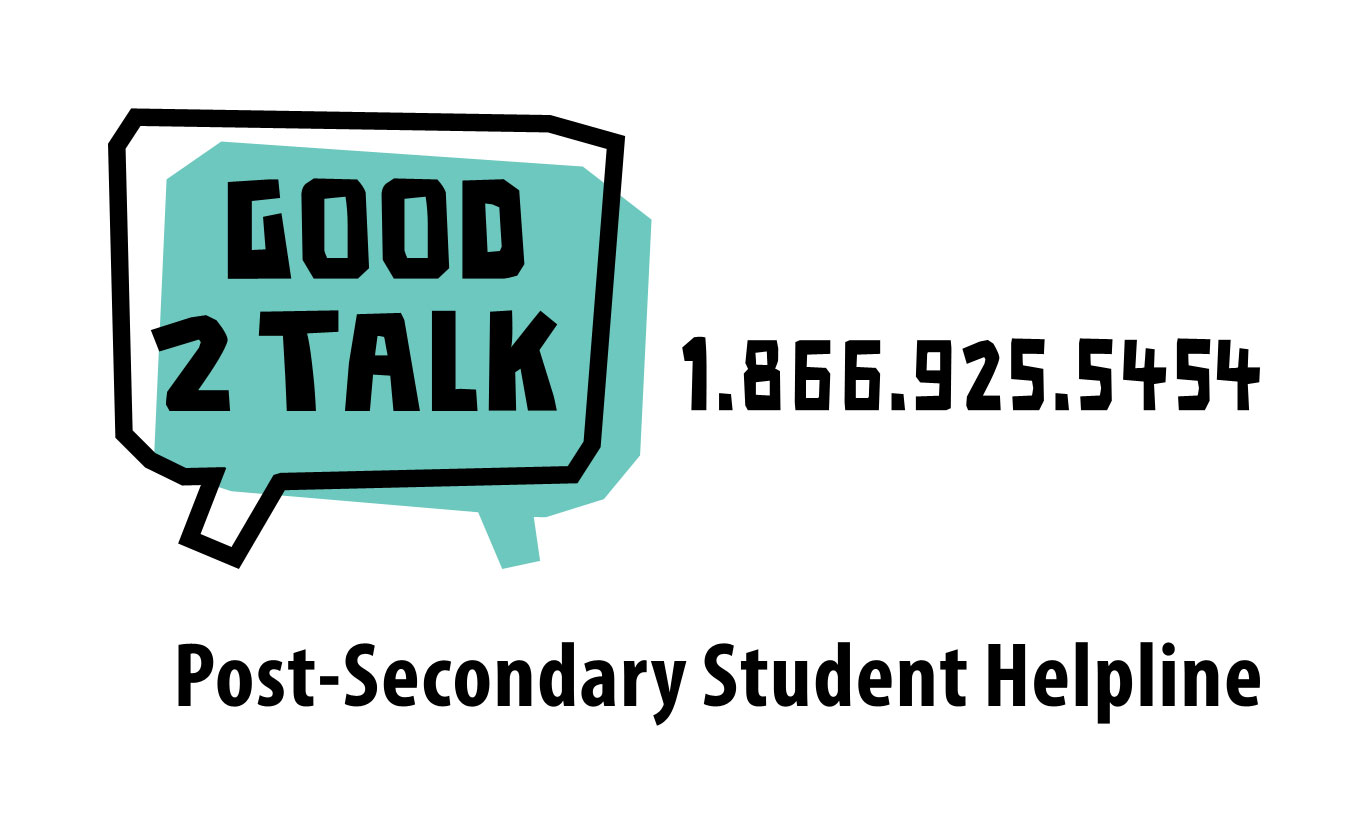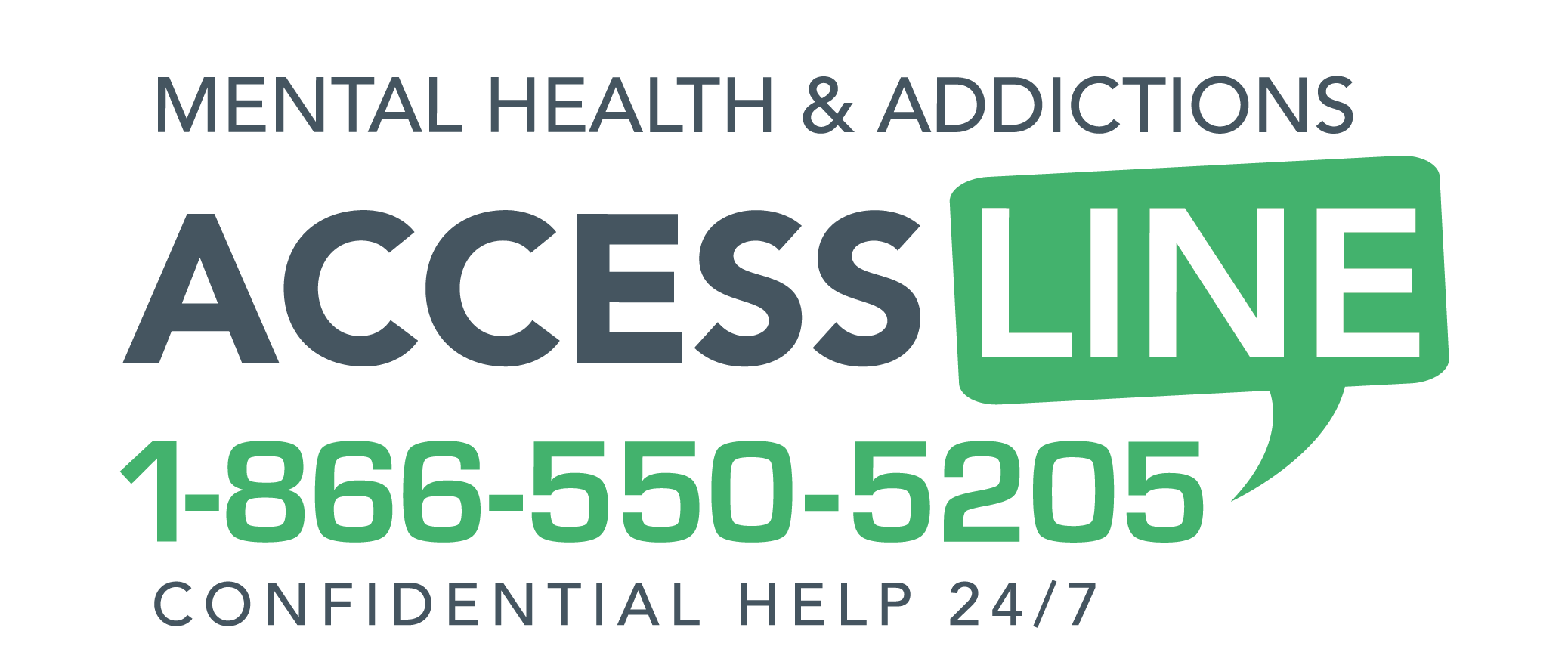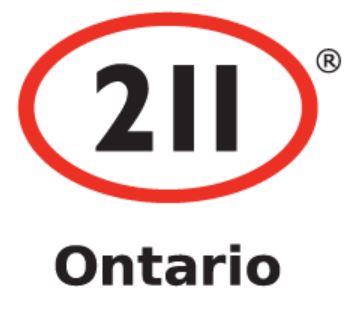
Building resilience by supporting healthy coping skills, caring communities, and strong social connections at Brock.
PLEDGES
Take a pledge to Cope, Care, or Connect
(and ask your friends to do the same)
Pick your pledge. Click MAKE MY PLEDGE to register it with CopeCareConnect.
Do your pledge for the next TWO WEEKS, then fill in the brief survey emailed to you.
References
1. Sherman D (2013) Self-affirmation: understanding the effects. Social and Personality
Psychology Compass, 7(11).
2. Mark E (2013) Student satisfaction and the customer focus in higher education. Journal of
Higher
Education Policy and Management, 35(1), 2–10.
3. Twohig-Bennett C & Jones A (2018) The health benefits of the great outdoors: a systematic
review
and meta-analysis of greenspace exposure and health outcomes. Environmental Research, 166,
628–637.
4. Steers M et al. (2014) Seeing everyone else’s highlight reels: how Facebook usage is linked
to
depressive symptoms. Journal of Social and Clinical Psychology, 33(8), 701–731.
5. Chotpitayasunondh V & Douglas K (2018) Measuring phone snubbing behavior: development and
validation of the generic scale of phubbing and the generic scale of being Phubbed. Computers in
Human Behavior, 88, 5–17
6. RUOK? (n.d.) How to ask. https://www.ruok.org.au/how-to-ask
7. Killick D (2012) Global citizenship and campus community. In Ryan (Ed) Cross-cultural
teaching
and learning for home and international students: internationalisation of pedagogy and
curriculum in
higher education (p 182-195). Routledge.
8. Mental Health Commission of Canada. (n.d.) Language Matters https://mentalhealthcommission.ca/wp-content/uploads/2021/06/language_matters_cheat_sheet_eng.pdf
9. Dunbar R (2004) Gossip in evolutionary perspective. Review of General Psychology, 8(2),
100–110.
10. Babalola M et al. (2019) Negative workplace gossip: Its impact on customer service
performance
and moderating roles of trait mindfulness and forgiveness. International Journal of Hospitality
Management, 80, 136–143.
11. Aambø A (2017) Gossip and rumors - undervalued sources of suffering and disease. The
European
Journal of Public Health, 27(suppl3).
12. Government of Canada (2021). Cannabis in Canada. https://www.canada.ca/en/services/health/campaigns/cannabis/health-effects.html
FAQs

Why should I make a pledge?
Making a pledge helps you and makes Brock a better place for everyone. You can pledge to do something that will improve your own life circumstances. Or, you can pledge to do something that will help the people around you.
What if I can’t do my pledge?
Whether you make it through 2 weeks or not, there is no such thing as failure. You learn something from your experience, so great job! You can try the same pledge again, or make a new pledge.
Where can I get more help?
Everyone needs help at some time—you should never feel embarrassed or ashamed to seek help. Check the RESOURCES section of this website.
How do I help a friend or loved one?
People who are in distress often feel disconnected from others. If you’re worried about a friend or loved one, reach out as often as you can. Regular, face-to-face, sincere conversations about life build connections. Asking “Are you OK?” is a great place to start. Learn how to ask here.
What’s with the email survey?
Two weeks after making your pledge, a link to a survey is emailed to you. Your answers are used to improve the selection of pledges, and make the website a better experience for others.
Do pledges work?
People sometimes get “stuck” in emotionally painful ruts. By becoming aware of this, reflecting on their own personal values, and then making a commitment (pledge) to action, individuals can achieve positive change in their mental and physical health. Dozens of rigorous, scientific studies have shown this.
What is resilience?
Psychologists define resilience as the process of adapting well in the face of adversity, trauma, tragedy, threats or significant sources of stress — such as family and relationship problems, serious health problems, or workplace and financial stressors.
What do healthy campuses look like?
On healthy campuses, health is infused into everyday operations, practices, and academic mandates. This enhances the success of the entire campus community and creates a culture of compassion, well-being, equity and social justice. Read about this in The Okanagan Charter.
RESOURCES
ON CAMPUS
To find these services on campus, use the interactive campus map.
The Hub
TH 134 (next to Market Hall)
Talk to Peer Health Educators
brocku.ca/health-wellness-accessibility/hub/
Student Health Services
Harrison Hall (Across from Walker
Complex next to Campus Security)
Physicians, Mental Health Nurses
905-688-5550 x 3243
Personal Counselling
Schmon Tower 402
brocku.ca/health-wellness-accessibility/personal-counselling-services/
1-833-BROCK-33 (1-833-276-2533)
001 416 382 3257 (outside North America)
immediate support or book appointment
Student Wellness & Accessibility Centre (SWAC)
brocku.ca/health-wellness-accessibility/
A-Z Learning Services
Student Success
Centre
TH 129 (next to Market Hall)
brocku.ca/student-life-success/learning-services/
Hadiyaˀdagénhahs First Nations, Métis and Inuit Student Centre
Student Success Centre
TH 145 (next to Market Hall)
brocku.ca/aboriginal-student-services/
Brock International Centre
573 Glenridge Ave – Bldg B
brocku.ca/international/student-resources/
brocku.ca/international/current/international-services/
Brock Human Rights and Equity
brocku.ca/human-rights/
Student Justice Centre
brocku.ca/human-rights/student-justice-centre/
Brock Pride
experiencebu.brocku.ca/organization/pride
Campus Security
(Across from Walker Complex, next to Harrison Hall)
905-688-5550 x 3200 (crisis)
905-688-5550 x 4300 (non-crisis)
CRISIS
If you are in immediate danger, or feel that you may harm yourself or someone else, call 9-1-1
OFF CAMPUS

Niagara Regional Native Centre
382 Airport Rd
Niagara-On-The-Lake,
ON L0S 1J0
905-688-6484

Southridge Shelter
201 Glenridge Ave
St. Catharines, ON L2T 3J6
905-682-2477
shelter@southridgechurch.ca

OUTniagara
12-111 Fourth Ave
Suite 270
St. Catharines, ON L2S 3P5
info@outniagara.ca

Positive Living Niagara
120 Queenston St
St. Catharines, ON L2R 2Z3
905-984-8684
1-800-773-9843
info@positivelivingniagara.ca
24/7 & CRISIS RESPONSE SERVICES

Good 2 Talk
Call 1-866-925-5454 or text GOOD2TALKON
to 686868 for free, confidential assistance.
Services are designed for Ontario post-secondary
students. They include counselling, information,
and referrals for mental health, addictions and
well-being.

Mental Health & Addictions Access Line
For confidential help, call 1-866-550-5205
Press 1 in the event of a crisis to be connected to
COAST (Crisis Outreach And Support Team).
Press 2 to connect to Access Line for services
including information, telephone support or
connection to local services.

2-1-1
Call 2-1-1 from anywhere in Ontario to be
connected with local resources and support.
Services are available 24/7 and in 150+
languages. Local services include housing,
income and employment support, resources for
vulnerable populations and more.
STUDENT WELLNESS AND ACCESSIBILITY SERVICES
THE HUB
A space where students can drop in to chat about ways to improve their overall health and wellness.
A space for students. Talk to peer health educators. Check out free events such as STI testing, mindfulness training, puppy room, and naloxone training. Get info about sexual health, substance use, sleep, nutrition, and mental health.
STUDENT
HEALTH
SERVICES
HEALTH
SERVICES
Your on-campus medical clinic where you can meet with a nurse or doctor.
Services by appointment. Call 905-688-5550 x 3243.
First-come-first-serve
urgent care services,
Mon-Fri, at these
walk-in clinics:
-Campus Pharmacy,
9am-4pm
-Harrison Hall, 3-4pm
PERSONAL
COUNSELLING
SERVICES
COUNSELLING
SERVICES
Discuss your personal and/or social difficulties with a counsellor.
If worries are impacting your day-to-day life, please speak with someone. Do not think other people’s concerns are more important than your own.
Call 1-833-276-2533 (1-833-BROCK33) for confidential telephone counselling.
STUDENT
ACCESSIBILITY
SERVICES
ACCESSIBILITY
SERVICES
Connect with an accessibility professional.
SAS supports independence of students with accessibility needs. SAS helps students with learning challenges arrange for suitable support and accommodation so they can excel academically.
ABOUT
COPE • CARE • CONNECT is an initiative of some truly amazing Public Health students in the Health Sciences Department at Brock University. It is supported by their Dean (Faculty of Applied Health Sciences), as well as Student Wellness and Accessibility Services, Student Health Services. Dr. Kelli-an Lawrance and her graduate students provide oversight.
Brock University is committed to offering a transformational and accessible academic and university experience to all students. Core to Brock’s priorities is the development of engaged citizens who are resilient, involved, career-ready and versatile. COPE • CARE • CONNECT is uniquely designed to support this institutional priority by fostering a campus culture that reduces distress and increases resilience among all members of the Brock community.
As a student initiative with many moving parts, errors may occasionally appear on this website. If you spot an error, or if you simply wish to contact someone about COPE • CARE • CONNECT, please send an email to klawrance@brocku.ca


